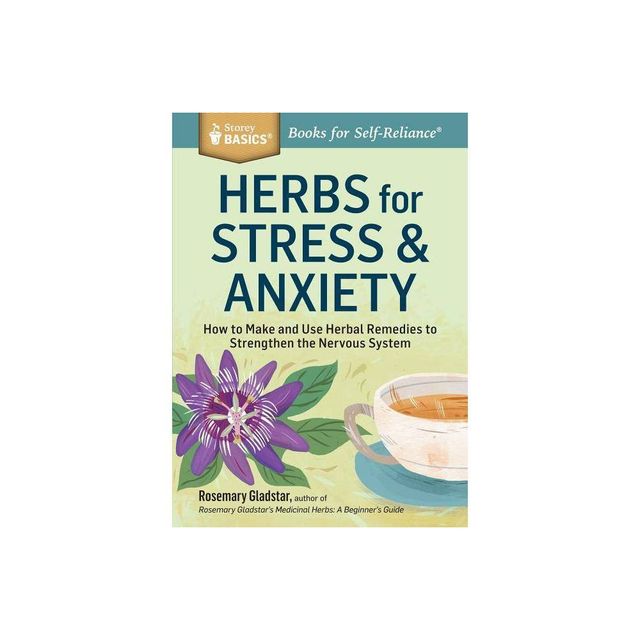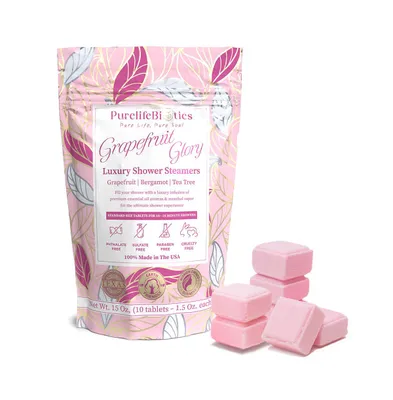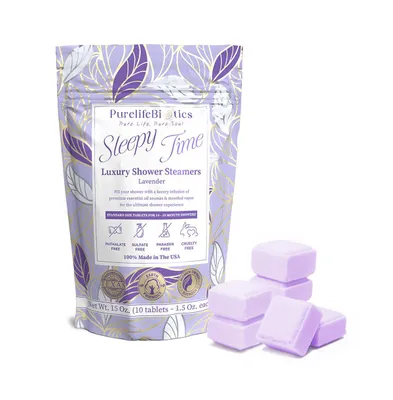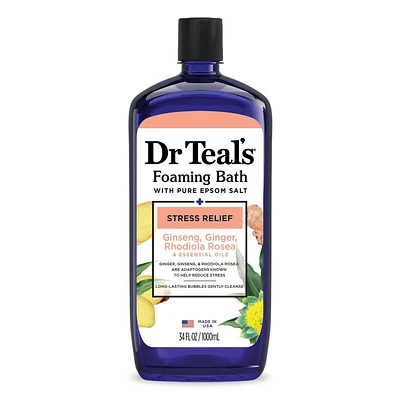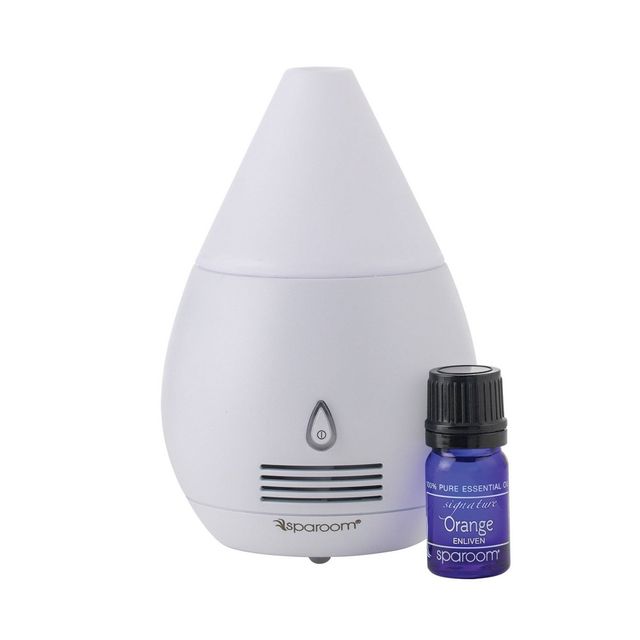Home
The Power of Nature: Essential Oils, Herbs, and Homeopathy for Stress Anxiety Relief
Loading Inventory...
Barnes and Noble
The Power of Nature: Essential Oils, Herbs, and Homeopathy for Stress Anxiety Relief
Current price: $21.99


Barnes and Noble
The Power of Nature: Essential Oils, Herbs, and Homeopathy for Stress Anxiety Relief
Current price: $21.99
Loading Inventory...
Size: Paperback
*Product Information may vary - to confirm product availability, pricing, and additional information please contact Barnes and Noble
Essential oils and herbs have been utilized for centuries for their potential calming and stress-reducing properties. While scientific research on their efficacy is ongoing, many people find relief from stress and anxiety through their use. Here's how they work:
Aromatherapy: Essential oils are often used in aromatherapy, where their fragrances are inhaled or absorbed through the skin. Certain scents, such as lavender, chamomile, and bergamot, are believed to have calming effects on the mind and body. Inhaling these scents can trigger the limbic system, which is involved in emotions and memory, leading to relaxation and stress reduction.
Topical application: Some essential oils, when diluted properly, can be applied topically to the skin. Massaging oils like lavender or chamomile onto the skin can provide a soothing effect and promote relaxation. Additionally, the act of massage itself can help alleviate muscle tension and stress.
Herbal teas: Herbs like chamomile, lemon balm, and passionflower are commonly used in herbal teas for their calming properties. Drinking a warm cup of herbal tea can be a comforting ritual that helps reduce stress and anxiety. These herbs may also contain compounds that have a mild sedative effect, promoting relaxation and better sleep.
Stress reduction: Engaging in activities like gardening or cooking with herbs can be therapeutic and help reduce stress levels. The act of tending to plants or preparing herbal remedies can provide a sense of mindfulness and connection to nature, which can contribute to overall well-being.
While essential oils and herbs can be beneficial for many people in managing stress and anxiety, it's essential to use them safely and in conjunction with other stress-reduction techniques, such as exercise, meditation, and seeking support from friends, family, or mental health professionals. Additionally, it's important to note that individual responses to essential oils and herbs may vary, so it's essential to experiment and find what works best for you. If you have any underlying health conditions or concerns, it's wise to consult with a healthcare professional before incorporating essential oils or herbs into your routine.
Aromatherapy: Essential oils are often used in aromatherapy, where their fragrances are inhaled or absorbed through the skin. Certain scents, such as lavender, chamomile, and bergamot, are believed to have calming effects on the mind and body. Inhaling these scents can trigger the limbic system, which is involved in emotions and memory, leading to relaxation and stress reduction.
Topical application: Some essential oils, when diluted properly, can be applied topically to the skin. Massaging oils like lavender or chamomile onto the skin can provide a soothing effect and promote relaxation. Additionally, the act of massage itself can help alleviate muscle tension and stress.
Herbal teas: Herbs like chamomile, lemon balm, and passionflower are commonly used in herbal teas for their calming properties. Drinking a warm cup of herbal tea can be a comforting ritual that helps reduce stress and anxiety. These herbs may also contain compounds that have a mild sedative effect, promoting relaxation and better sleep.
Stress reduction: Engaging in activities like gardening or cooking with herbs can be therapeutic and help reduce stress levels. The act of tending to plants or preparing herbal remedies can provide a sense of mindfulness and connection to nature, which can contribute to overall well-being.
While essential oils and herbs can be beneficial for many people in managing stress and anxiety, it's essential to use them safely and in conjunction with other stress-reduction techniques, such as exercise, meditation, and seeking support from friends, family, or mental health professionals. Additionally, it's important to note that individual responses to essential oils and herbs may vary, so it's essential to experiment and find what works best for you. If you have any underlying health conditions or concerns, it's wise to consult with a healthcare professional before incorporating essential oils or herbs into your routine.



